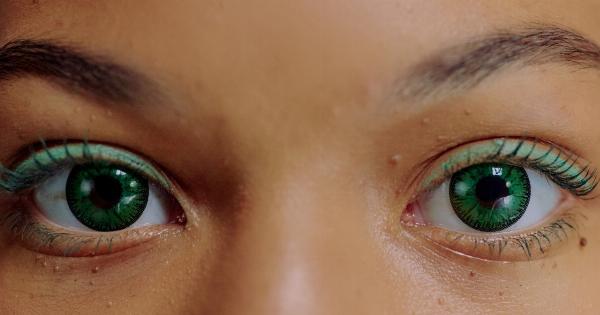Myopia, also known as nearsightedness, is a common vision problem that affects millions of people around the world. It is characterized by a difficulty seeing objects that are far away, while objects that are close appear clear and sharp.
Some of the most common symptoms of myopia include blurry vision, difficulty seeing objects in the distance, eye strain, headaches, and squinting.
While these symptoms may seem relatively mild, they can actually have a significant impact on your overall health and well-being over time.
The Importance of Regular Eye Exams for People with Myopia
If you are living with myopia, it is important to schedule regular eye exams with your optometrist or ophthalmologist.
These exams can help to ensure that your condition is properly managed and that you are receiving the appropriate treatment to maintain your eye health.
During your exam, your eye doctor will likely perform a variety of tests to determine the severity of your myopia. These may include visual acuity tests, refraction testing, and dilation exams.
Treatment Options for Myopia
Fortunately, there are a variety of treatment options available for people with myopia. The most common treatments include eyeglasses, contact lenses, and refractive surgery procedures such as LASIK.
For many people, eyeglasses are the most practical and affordable option. They can help to correct your vision and reduce the symptoms of myopia, making it easier to see clearly and comfortably.
Contact lenses are another option for people with myopia. They offer some unique advantages over eyeglasses, including a wider field of vision and greater convenience for active individuals.
Finally, refractive surgery procedures such as LASIK are becoming increasingly common for people with myopia.
These procedures use lasers to reshape the cornea, effectively correcting your vision and reducing or eliminating your need for eyeglasses or contact lenses.
How Insurance Can Help Cover the Costs of Myopia Treatment
If you are living with myopia, you may be concerned about the cost of treatment. Fortunately, many insurance policies provide coverage for myopia treatment, including eyeglasses, contact lenses, and refractive surgery procedures.
To determine whether your insurance policy covers myopia treatment, it is important to review your policy documents and speak with your insurance provider directly.
Many policies have specific limitations and exclusions related to vision care, so it is important to understand your coverage in detail before seeking treatment.
Once you have determined that your policy covers myopia treatment, you may be able to receive reimbursement for your expenses related to eyeglasses, contact lenses, or refractive surgery procedures.
This can help to significantly reduce the out-of-pocket costs associated with myopia management, making it easier to receive the treatment you need to maintain your eye health.
Maintaining Your Eye Health and Managing Myopic Vision
Ultimately, managing myopic vision requires ongoing attention and care.
By staying up-to-date on your regular eye exams, exploring treatment options, and working closely with your insurance provider, you can help to ensure that your condition is properly managed and that you are receiving the appropriate care for maintaining your vision and overall health.
Whether you opt for eyeglasses, contact lenses, refractive surgery, or a combination of treatment options, it is important to prioritize your eye health and take steps to stay on top of your vision care needs.




























